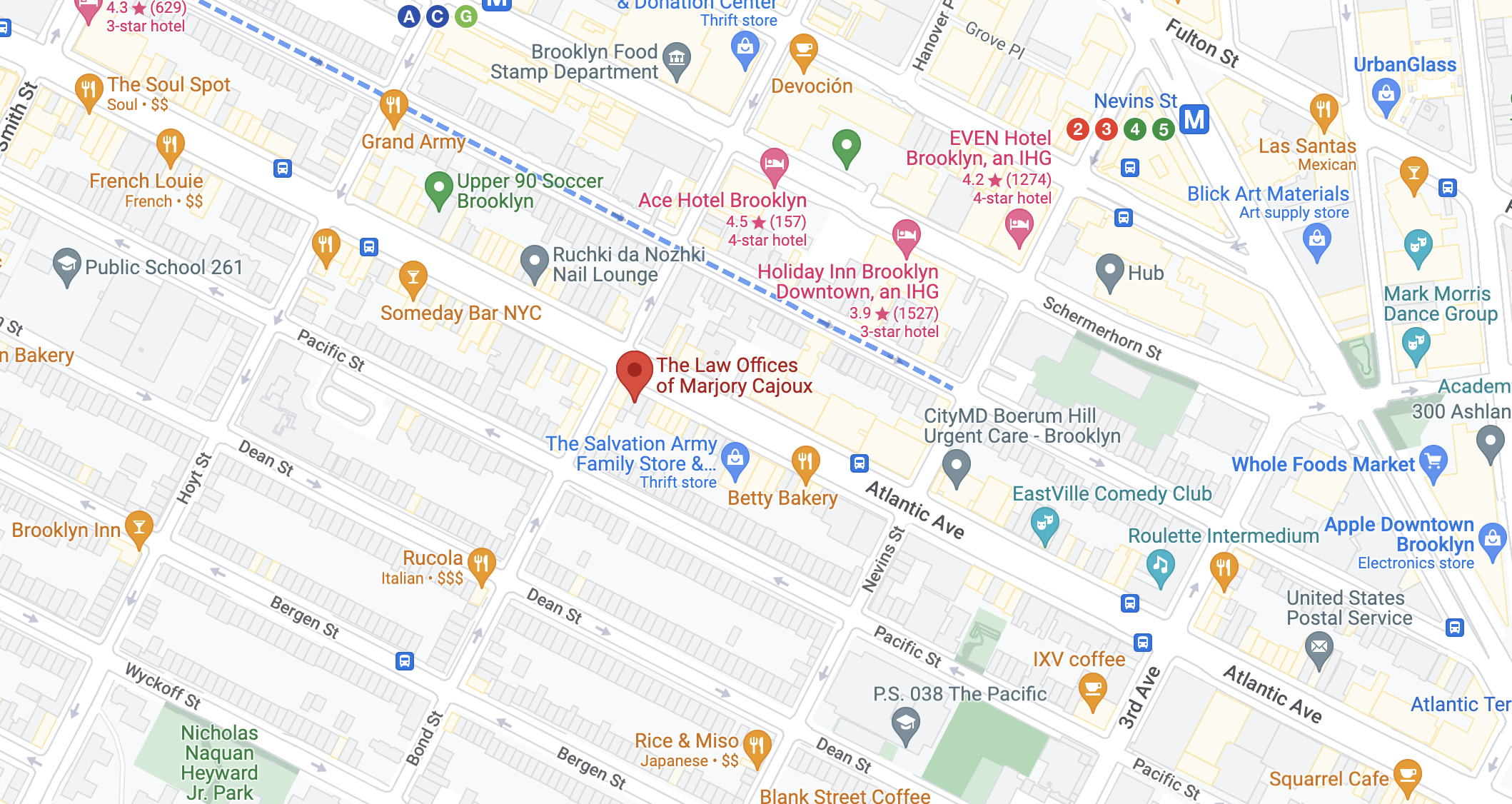If you have been working on your estate plan, you have probably heard or read many different terms. For example, the terms powers of attorney and advance directives may have arisen during your research. Unfortunately, many in Brooklyn and other New York regions are unsure what some of these terms mean or the role they fill in estate planning.
A durable power of attorney, for example, can confuse those wishing to create an estate plan. What does the word “durable” mean in legal terms? What does it do? Should I have one? These are the questions many have about this valuable estate planning tool.
Details about New York durable powers of attorney
First, including the word durable ensures your power of attorney remains in effect even if you become incapacitated by an illness or injury. Without this clarification, your power of attorney may stop working on your behalf if incapacitation occurs.
Second, a durable power of attorney lends strength to an existing estate plan. It helps New Yorkers by easing their minds about what kind of health care they will and will not receive if a time comes when they cannot voice their preferences. For example, you can refuse any treatments you do not want by including this tool in your plan.
On the other hand, you can give consent ahead of time to life-prolonging treatments in your power of attorney.
Third, yes, you should probably have one, especially if you feel concerned about the possibility of incapacity and how it can affect your loved ones. For example, putting your health care wishes in a durable power of attorney protects your family from having to make difficult decisions about your medical care.
If you have more questions or concerns about this and other estate planning documents, consider reaching out to an attorney for their qualified guidance.






